The Pharmacy Department focuses on producing knowledgeable, ethical, and skilled pharmacists who are essential to modern healthcare systems. The program covers a wide range of subjects including pharmaceutical chemistry, pharmacology, pharmaceutics, pharmacognosy, clinical pharmacy, hospital pharmacy, and community pharmacy.
Students gain both theoretical knowledge and practical experience through hands-on training in laboratories, hospitals, and community pharmacies. The curriculum emphasizes drug formulation, dosage calculations, drug interactions, prescription analysis, and patient counseling.
Graduates of the program can pursue careers in hospital pharmacies, community pharmacies, pharmaceutical industries, regulatory agencies, research, and academia. With the growing need for medication experts, pharmacists play a vital role in ensuring safe and rational drug use and in improving public health outcomes.
| Fee Type | Amount (AFN) |
|---|---|
| Admission Fee (one-time) | 30,000 |
| Tuition Fee (per semester) | 70,000 |
| Lab Charges (per semester) | 12,000 |
| Library Fee (per year) | 2,500 |
| Examination Fee (per semester) | 6,000 |
| Miscellaneous Charges | 3,500 |
| Total (First Semester) | 124,000 |
Note: This is a sample for programs like Doctor of Pharmacy (Pharm.D) or Diploma in Pharmacy. Exact fees and program length may vary by institution.

